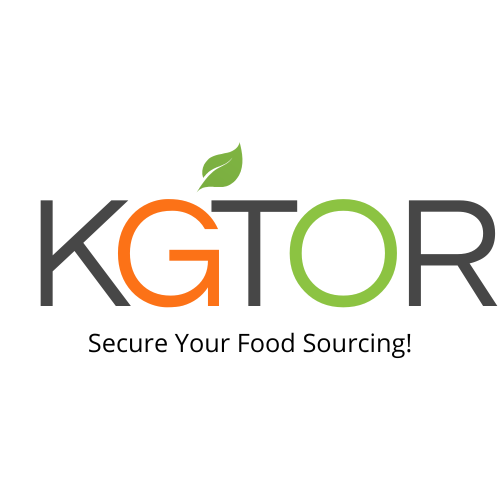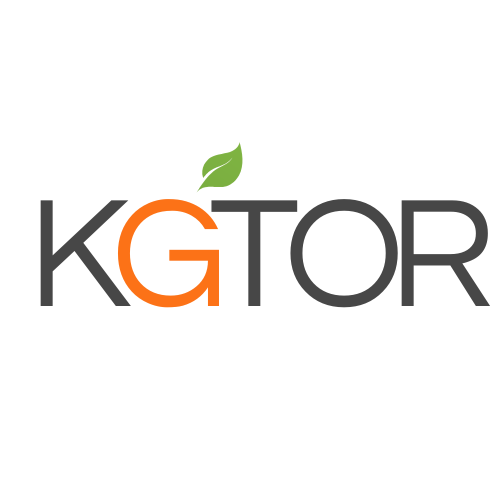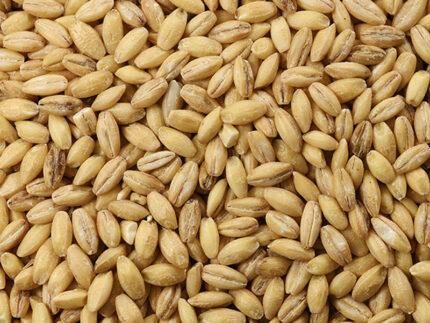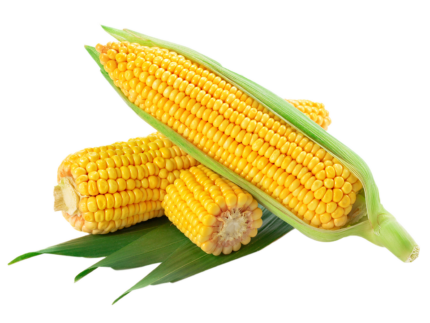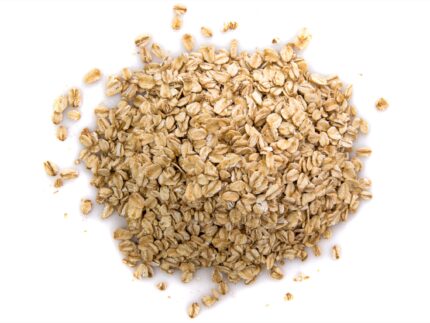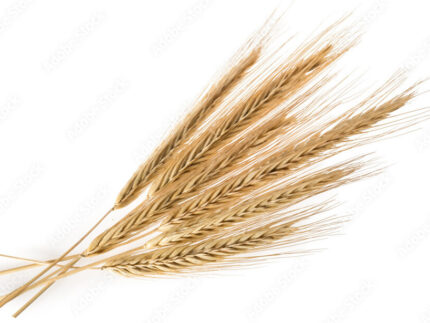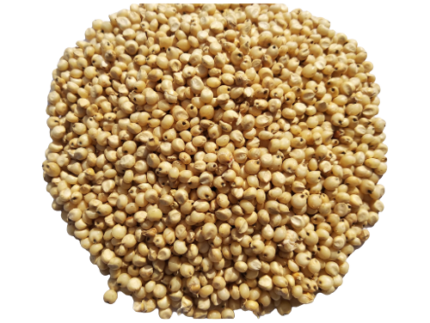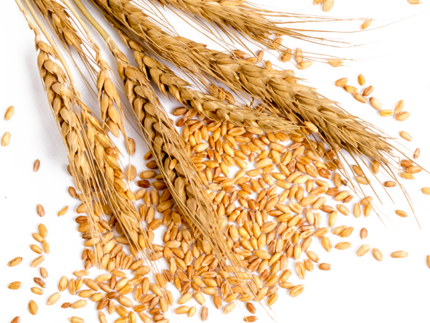Corn (Maize)
Moroccan maize, or corn, is a versatile cereal crop grown in various regions of the country. Known for its sweet flavor and nutritional richness, it is used in a wide range of applications, from traditional dishes like berkoukech (a thick couscous-style dish) to animal feed. Its adaptability to Morocco's diverse climates makes it an essential crop for both local consumption and export.
Oats
Moroccan oats are a nutrient-dense cereal grain cultivated in the country's temperate regions. Valued for their high fiber content and versatility, they are used in various forms, including oatmeal, baked goods, and as animal feed. Known for their quality, Moroccan oats support healthy diets and contribute to the country's agricultural exports.
Rye
Moroccan rye is a robust cereal grain grown in the country's cooler regions. Renowned for its hardiness and rich nutritional profile, rye is used in breadmaking, traditional pastries, and as a valuable feed for livestock. Its earthy flavor and versatility make it a staple in both local diets and agricultural practices.
Sorghum
Moroccan sorghum is a drought-resistant cereal crop widely cultivated in the arid and semi-arid regions of the country. Known for its adaptability and high nutritional value, it is used in traditional dishes, as livestock feed, and in the production of flour. Its versatility and resilience make it an important grain for food security and agricultural sustainability in Morocco.
WHEAT
Moroccan wheat is a staple crop known for its high quality and versatility. Grown in the fertile plains of Morocco, it is used to produce a wide range of products, including couscous, bread, and traditional pastries. Renowned for its rich flavor and nutritional value, Moroccan wheat supports both local consumption and export markets, contributing significantly to the country's agricultural economy.
